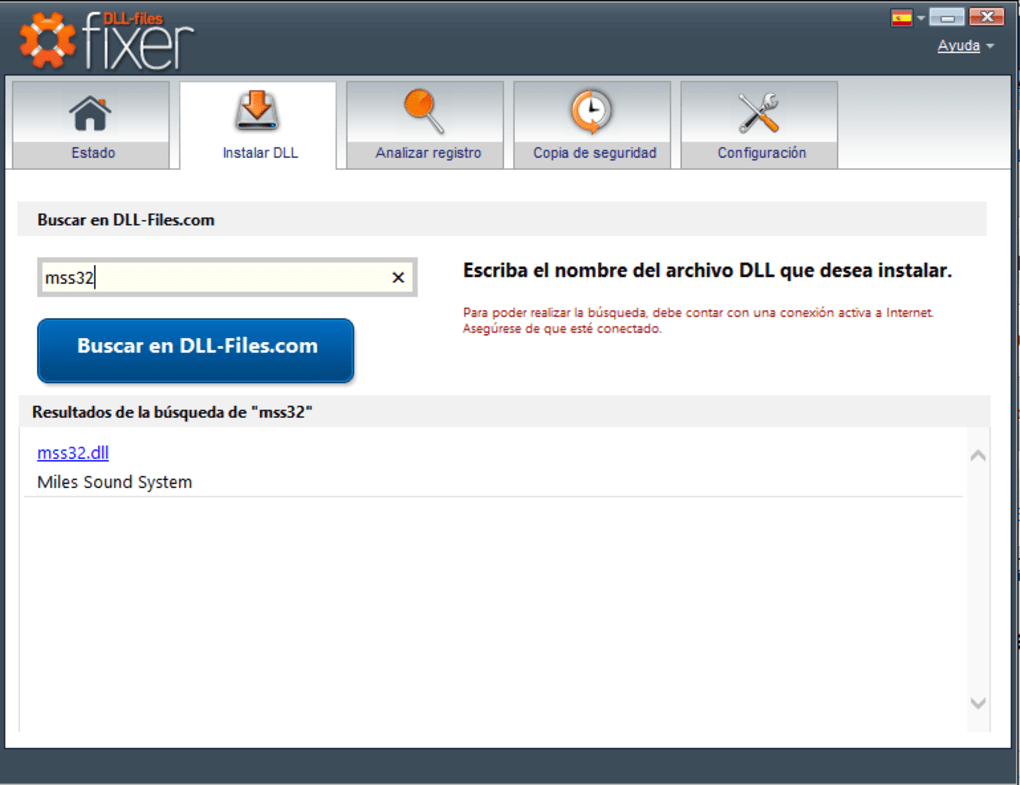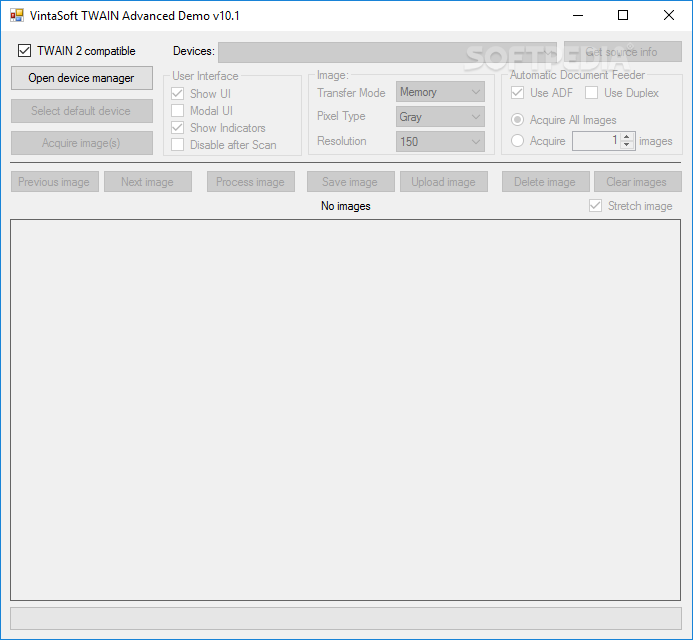
- #Microsoft visual c runtime library 7.1 install#
- #Microsoft visual c runtime library 7.1 windows 10#
- #Microsoft visual c runtime library 7.1 code#
- #Microsoft visual c runtime library 7.1 iso#
- #Microsoft visual c runtime library 7.1 windows#
#Microsoft visual c runtime library 7.1 code#
In contrast, the dynamically linked CRT shares state for all code within a process that is dynamically linked to the CRT. For example, if you use strtok when using a statically linked CRT, the position of the strtok parser is unrelated to the strtok state used in code in the same process (but in a different DLL or EXE) that is linked to another instance of the static CRT. Using the statically linked CRT implies that any state information saved by the C runtime library will be local to that instance of the CRT.

If you link your program from the command line without a compiler option that specifies a C runtime library, the linker will use the statically linked CRT libraries: libcmt.lib, libvcruntime.lib, and libucrt.lib. Not redistributable.ĭeprecated Static library for the pure managed CRT.ĭeprecated Static library for the Debug version of the pure managed CRT. Static library for the Debug version of the mixed native and managed CRT startup for use with DLL UCRT and vcruntime. Static library for the mixed native and managed CRT startup for use with DLL UCRT and vcruntime. Static library for the Debug version of the native CRT startup for use with DLL UCRT and vcruntime. Static library for the native CRT startup for use with DLL UCRT and vcruntime. Statically links the Debug version of the native CRT startup. Statically links the native CRT startup into your code. This table lists the libraries that implement CRT initialization and termination. This library is always statically linked, even when using a dynamically linked UCRT. It's specific to the version of the compiler used. This code handles CRT startup, internal per-thread data initialization, and termination. The code that initializes the CRT is in one of several libraries, based on whether the CRT library is statically or dynamically linked, or native, managed, or mixed code.

#Microsoft visual c runtime library 7.1 windows#
In addition, the C++ Standard Library requires this DLL on Windows XP to support synchronization primitives, because Windows XP doesn't have condition variables. This DLL is required for C++ parallel containers and algorithms such as concurrency::parallel_for. When the UCRT was refactored, the Concurrency Runtime functions were moved intoĬoncrt140.dll, which was added to the C++ redistributable package.

Not redistributable.ĭLL import library for the Debug vcruntime. This table lists the libraries that implement the vcruntime library. The vcruntime library version needs to match the version of the compiler you're using. The vcruntime library contains Visual C++ CRT implementation-specific code, such as exception handling and debugging support, runtime checks and type information, implementation details and certain extended library functions. Not redistributable.ĭLL import library for the Debug version of the UCRT. Statically links the UCRT into your code.ĭebug version of the UCRT for static linking. The following table lists the libraries that implement the UCRT. For more information, see Redistributing Visual C++ Files.
#Microsoft visual c runtime library 7.1 windows 10#
You can redistribute it using vcredist for supported versions of Windows other than Windows 10 or later. You can use the UCRT on any version of Windows supported by Visual Studio 2015 and later versions.
#Microsoft visual c runtime library 7.1 install#
When you install Visual C++, Visual Studio setup installs the subset of the Windows SDK required to use the UCRT. The static library, DLL import library, and header files for the UCRT are now found in the Windows SDK. The UCRT is now a Windows component, and ships as part of Windows 10 and later versions. The Universal CRT (UCRT) contains the functions and globals exported by the standard C99 CRT library. Starting in Visual Studio 2015, the CRT has been refactored into new binaries. Most of the libraries support both static linking, to link the library directly into your code, or dynamic linking to let your code use common DLL files.

All versions of the CRT support multi-threaded development. The Visual C++ libraries that implement the CRT support native code development, and both mixed native and managed code.
#Microsoft visual c runtime library 7.1 iso#
The C runtime Library (CRT) is the part of the C++ Standard Library that incorporates the ISO C standard library. See C runtime library reference if you're looking for API reference for the C runtime library. See Redistributing Visual C++ files if you're looking for information about deploying the C runtime files necessary to support your application. lib files that you can link against when you develop your application, and their associated compiler options and preprocessor directives. This topic lists the Microsoft C runtime library.


 0 kommentar(er)
0 kommentar(er)
